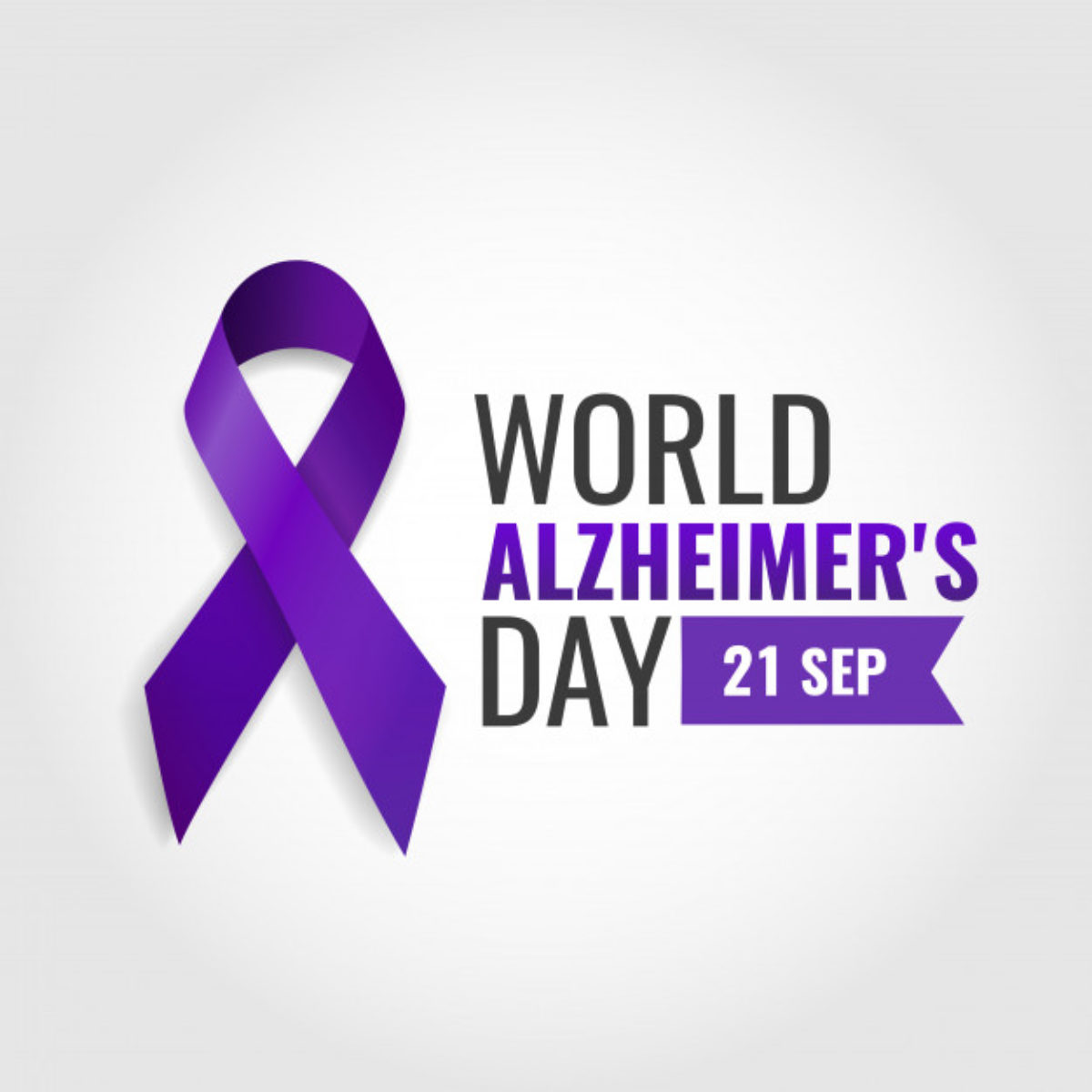On World Alzheimer’s Day, we celebrate those caring for people with dementia

Alzheimer’s is a terrible disease that affects about 7 million Americans. As with other kinds of dementia, Alzheimer’s causes unique challenges for caregivers. Consider the story of John, who lives in Berrien Springs, Michigan and worked in Chicago.
After John’s mother, 91, was diagnosed with Alzheimer’s, it eventually became obvious that she couldn’t live alone anymore. The family discussed an assisted living facility, but “My mom’s wishes were to stay with John Boy, that’s me,” he said.
A long commute, post-it-notes, and anxiety
John was happy to care for her, but he was also commuting to Chicago to work – a five or five and half hour roundtrip on some days. At first, his mom was well enough to be on her own for much of the day. For example, if he laid out her medicine for the day, she could take as directed. She could warm up her meals as well.
But increasingly, John was finding himself needing to leave more and more post-it notes around the house, giving her detailed instructions for things like how to safely use the microwave. He was calling several times a day to check on her status – and was always worried.
“I was concerned constantly, where was she? How was she doing? Lots of gray hairs,” he said.
Eventually, cooking accidents – including one that necessitated calling the fire department – made it clear she could no longer be on her own during the workday. John started exploring other options and learned that in some states, like Michigan, people who qualify for a caregiver can designate a preferred provider – including a friend or family member to become their professional caregiver. He retired from his job and began working as a Help at Home caregiver for his mom.
For John and his mom, this was a great opportunity. She would get the care she needed – from the caregiver she preferred. John no longer had to worry about what was happening to her while he was trying to work.
“It’s great getting up in the morning having coffee with my momma. The way we converse and talk about things,” he said. “The roles have been reversed. You couldn’t get any more satisfaction than to take care of your parents the way they took care of me all those years.”
As her full-time caregiver, John was able to help her use a nebulizer while recovering from COVID, which she would not have been able to do on her own. His home cooking of healthy foods was also a factor in her being able to reduce her diabetes medication. He is also able to help her have small outings, which bring her joy.
“I’m still just so grateful to be here to help my mom,” he said.
